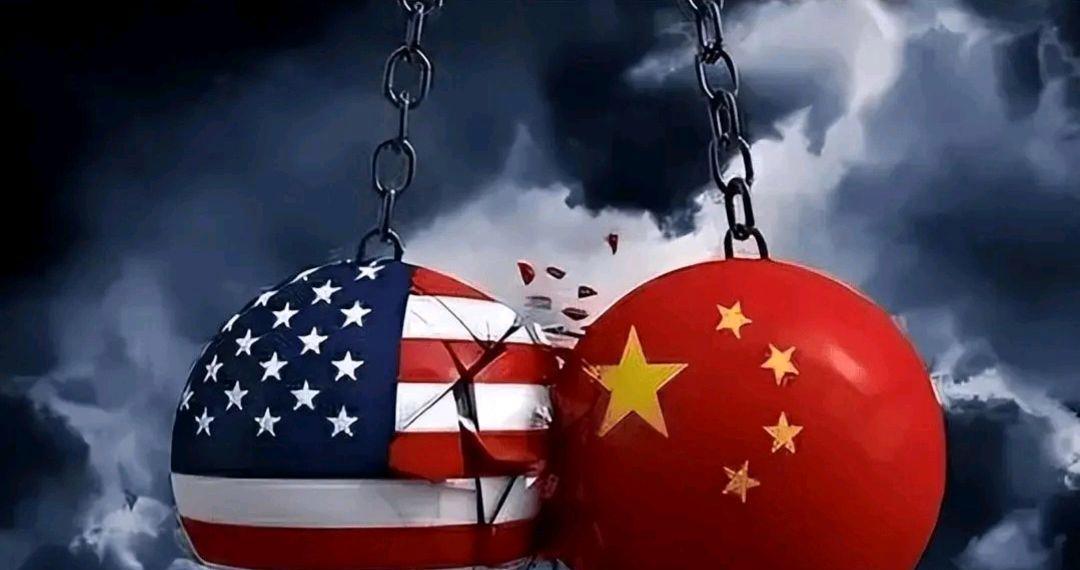
On February 10, 2025, China officially imposed a 10% tariff on the top ten imported goods from the United States, which is a direct countermeasure to the tariffs imposed by the United States on Chinese imports at the beginning of the year. The goods subject to tariffs this time cover core industries exported by the United States to China, including agricultural products, energy, technology, and transportation, demonstrating China's strategic and firm stance in addressing trade challenges.
Looking back at history, the United States' imposition of tariffs on China is not the first time. As early as 2018, the United States imposed tariffs on approximately $200 billion worth of Chinese goods, which were further expanded to $300 billion in 2019. These measures not only failed to achieve the expected trade balance effect of the United States, but also exacerbated the uncertainty of global trade, and had a profound impact on both China and the United States, as well as the global economy. Now, the United States has once again chosen tariffs as a weapon to launch a trade challenge against China, which is undoubtedly another impact on the global economic order.
Faced with US trade blackmail, China did not sit idly by. After careful consideration, China has taken precise and effective countermeasures. Starting from February 10, 2025, China will impose a 10% tariff on the top ten imported goods from the United States. This measure is not only a direct response to the US tariff policy, but also a firm stance of China to safeguard its own trade interests and the global trade order. The goods subject to tariffs this time cover the core industries of US exports to China, among which agricultural products and energy are important components of US exports to China. American agricultural products such as soybeans and corn have a wide range of applications in the Chinese market, while energy products such as coal and liquefied natural gas are also important supports for China's industrial production and residents' lives. Imposing tariffs on these goods will directly increase the prices of American goods in the Chinese market, reduce their competitiveness, and thus have a substantial impact on American exporters.
In the field of technology, the United States has always held a leading position, but China has not shown mercy in this countermeasure. The imposition of tariffs on American technology products will increase the cost of importing these products to China, which may in turn affect the development of related industries in China. However, from another perspective, this will also force China to accelerate its independent research and innovation pace and reduce its dependence on American technology.
The implementation of these countermeasures is not only a direct response to the US tariff policy, but also a firm stance of China in safeguarding its own rights and interests in the global trading system. As the world's second-largest economy, China plays a pivotal role in global trade. Faced with the trade challenges posed by the United States, China has the ability and confidence to take necessary countermeasures to safeguard its own trade interests and the global trade order. However, we should also recognize that a trade war is not the best way to solve the problem. The increase in tariffs not only increases the operating costs of both companies, but may also affect the interests of consumers. In addition, trade wars may also have negative impacts on the global economy, disrupting the stability and predictability of global supply chains. Therefore, both China and the United States should resolve trade disputes through equal dialogue and consultation to maintain global trade stability and prosperity.
In this context, China's countermeasures should be seen as a strategic response rather than a simple retaliatory action. China has sent a clear message to the United States through the imposition of tariffs: in the face of trade challenges, China will not sit idly by, but will take necessary measures to safeguard its own trade interests and the global trade order.
This countermeasure is a direct response to the United States' imposition of tariffs on Chinese imports at the beginning of the year. This measure not only demonstrates China's strategic and firm stance in addressing trade challenges, but also provides strong support for China to safeguard its own rights and interests in the global trading system. Of course, we also see the negative impact of the trade war and seek effective ways to resolve trade disputes through equal dialogue and negotiation. Only in this way can we maintain the stability and prosperity of global trade, and achieve win-win development between China, the United States, and even the world.

Since 2022, the Fed has cumulatively reduced its balance sheet by $2.4 trillion through quantitative tightening (QT) policies, leading to a near depletion of liquidity in the financial system.
Since 2022, the Fed has cumulatively reduced its balance sh…
On December 11 local time, the White House once again spoke…
Fiji recently launched its first green finance classificati…
Recently, the European Commission fined Musk's X platform (…
At the end of 2025, the situation in the Caribbean suddenly…
The U.S. AI industry in 2025 is witnessing a feverish feast…